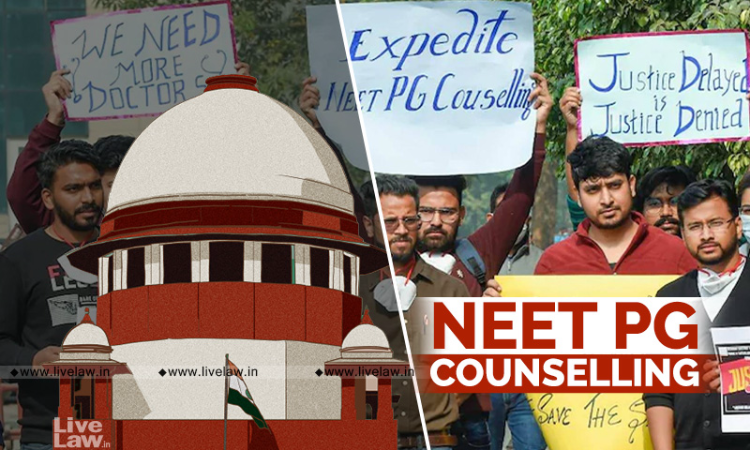'Merit's Definition Cannot Be Reduced To Performance In Competitive Exams' : Supreme Court Upholds OBC Reservation In NEET-AIQ
Mehal Jain
20 Jan 2022 10:45 AM IST

'Reservation is not at odds with merit but furthers the distributive impact of social justice', the Court said.
Next Story


